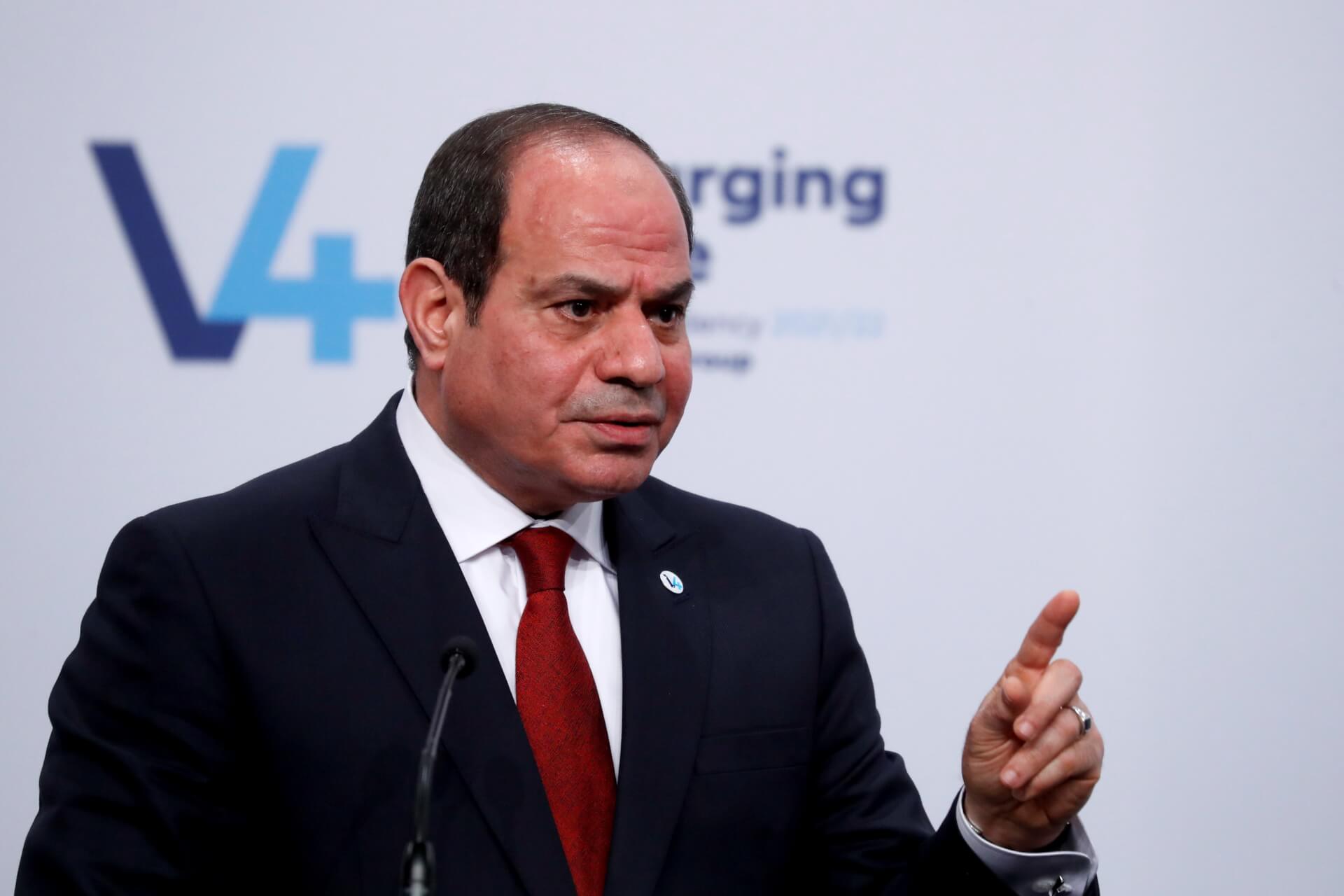Egyptian President Abdel Fattah El-Sisi has lifted the country’s state of emergency for the first time in four years. The government had declared a state of emergency in April 2017 following the deadly church bombings carried out by the Islamic State (IS).
Noting that Egypt has become an “oasis of security and stability in the region,” El-Sisi said he was ending the state of emergency in Egypt. “The real decision-makers are the Egyptian people who have sincerely contributed to all development and construction efforts over the past years,” he added.
In 2017, IS terrorists carried out twin suicide bombings on two churches in the Egyptian cities of Alexandria and Tanta. Following the attacks, which killed almost 50 people and injured around 120, the Egyptian government imposed a state of emergency, citing a worsening security situation. Since then, Cairo has been renewing the emergency at three-month intervals.
Also Read: US to Restrict Military Aid to Egypt Over Human Rights Concerns
However, human rights organisations have argued that Egypt continued with the emergency measures despite an improvement in the country’s security, claiming that the government used the sweeping emergency powers to crack down on dissent and arrest critics of El-Sisi.
While Human Rights Watch (HRW) said the move to lift the emergency was “positive,” it noted that the measure is still “far from sufficient” to end the country’s “prolonged” human rights crisis. “The government needs to end many other emergency-law-like restrictions on civic participation, freedom of speech, and peaceful assembly,” it added. HRW also called on El-Sisi to “free the many thousands of people” jailed under the pretext of emergency.
Under El-Sisi, Egypt has seen the heaviest crackdown on dissent in its modern history. According to the ‘Freedom in the World 2021’ report by Freedom House, Egypt under El-Sisi is “not free.” It stated that political opposition in Egypt is “virtually non-existent,” as expressions of dissent are criminalised. Civil liberties, including freedom of the press and assembly, are heavily restricted, and there is widespread discrimination against women, the LGBTQ community, and other groups.
The move was welcomed by well-known Egyptian human rights activist Hossam Bahgat. He noted that it would put an end to the use of emergency state security courts. The emergency allowed the government to expand the military’s jurisdiction in civilian courts, thereby solidifying their control over the country. The government has routinely used security courts to prosecute critics of the regime.
Egypt has constantly been under a state of emergency since 1981, when then-President Anwar Sadat was assassinated. The emergency was briefly lifted for a few months following the Arab Spring protests in 2011 and again in 2013, and was re-imposed by El-Sisi’s government in 2017.

